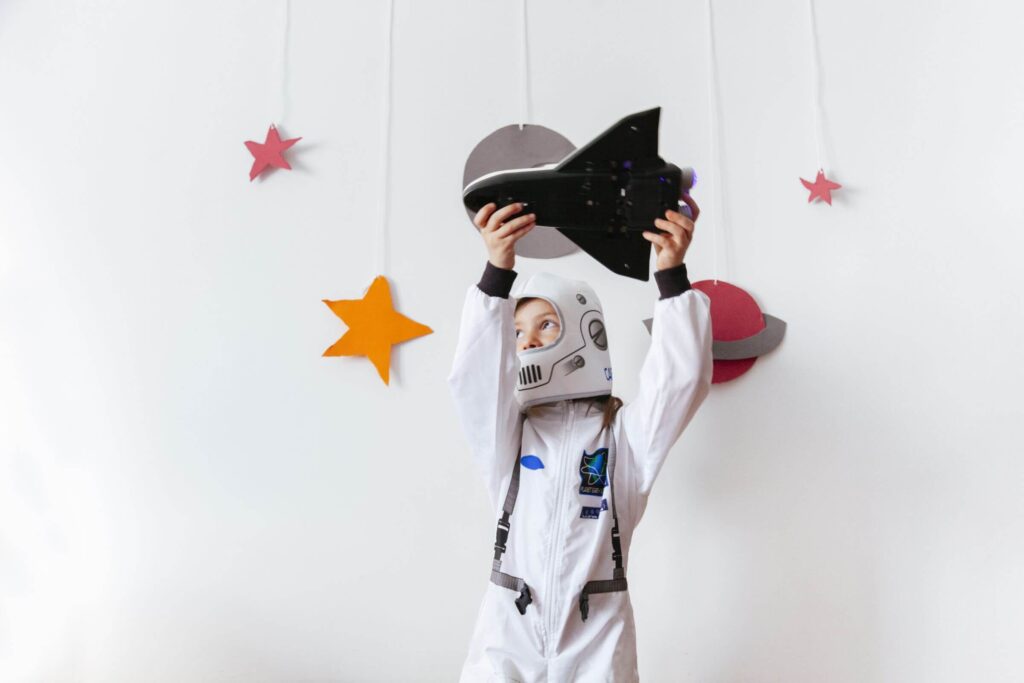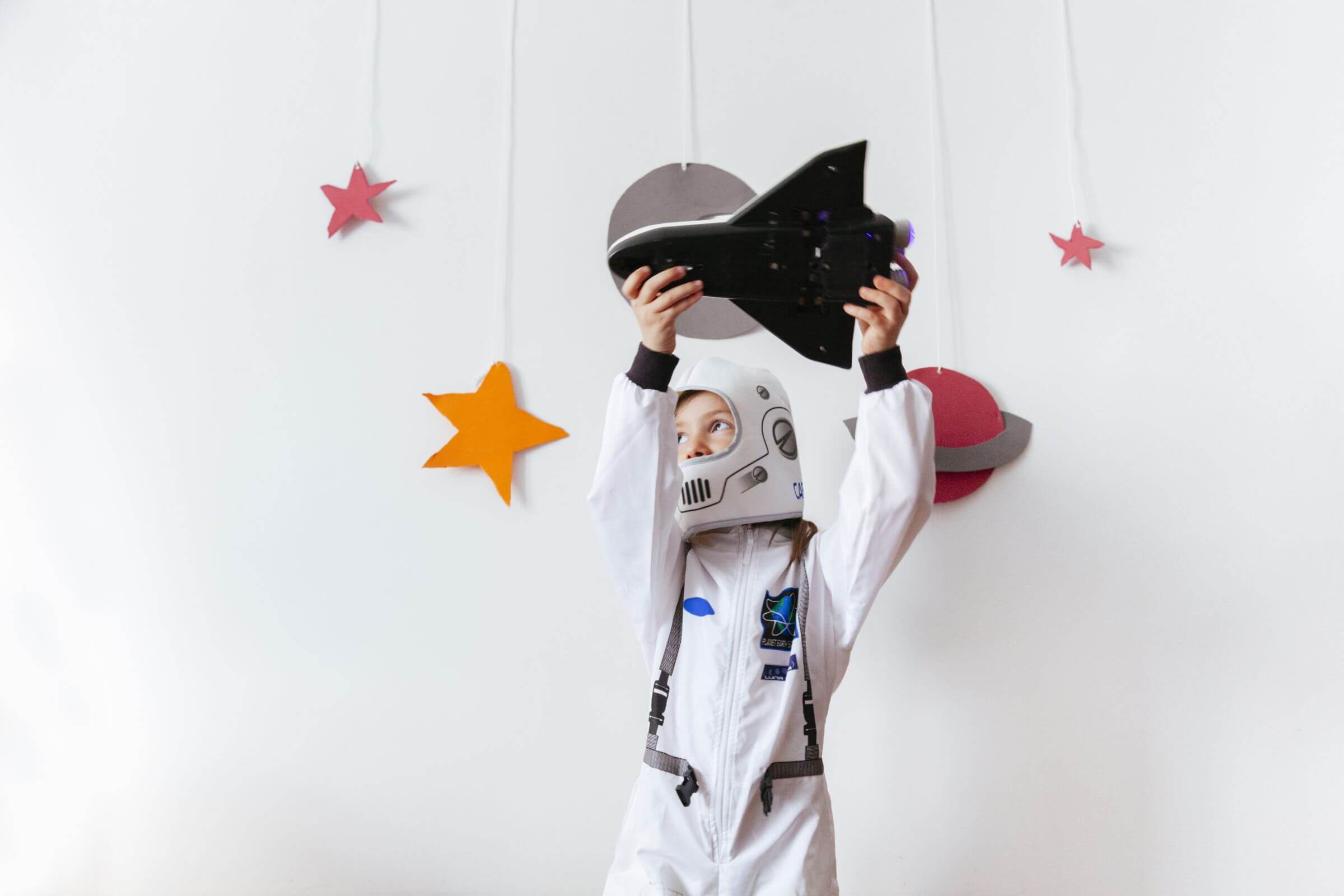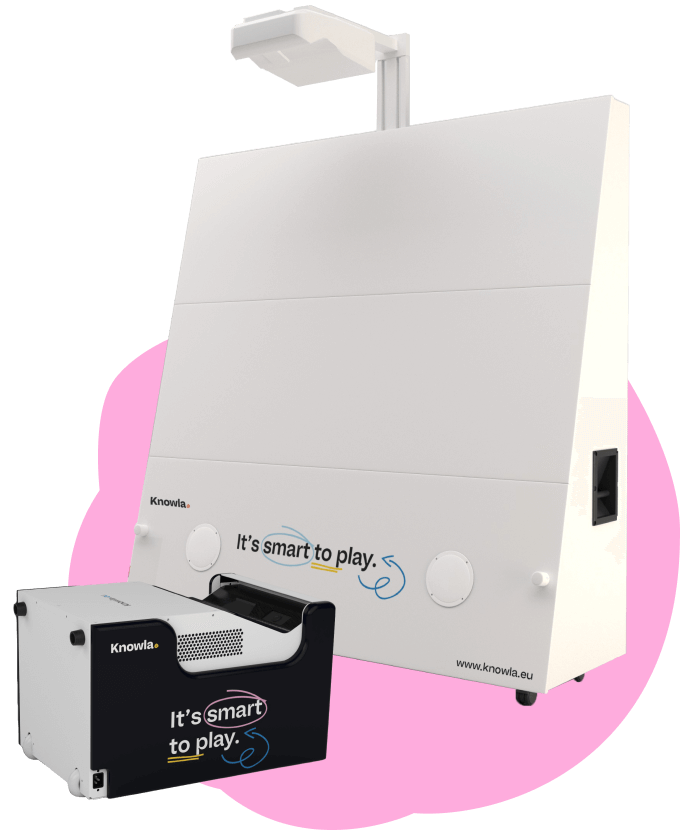Making mistakes is associated with grading, and such a belittling one at that. On tests, irregularities underlined in red glaringly. We punish for not getting enough points. We point out failures. We praise achievements and perfectionism. Instead of building self-confidence and proficiency, we discourage performance.
Only mistakes and errors do not make us inferior or incompetent at all. They are a natural part of learning and can lead to self-development. So from an early age, we should allow children to make mistakes and find strategies to deal with them. Here are just a few reasons why this is important.
Making mistakes is the basis of the learning process
No one is immediately the best in any field. Sometimes it takes years of study and training to achieve a certain success. What follows is a lot of mistakes, from which we learn so that we become better and better in the next attempt.
This is well illustrated by athletes. Only after hundreds of training sessions, during which they have the opportunity to test their abilities and learn from failures, are they finally able to achieve a medal. It is no different with learning in other areas.
A mistake is not the end of the world
At the moment of failure, it may even seem so, but after a moment’s reflection, it may turn out not to be so at all. The mistake can be corrected. Lessons for the future can be learned. The world did not end, and for that the child has a chance to develop.
Learn to deal with failure
By exposing ourselves to mistakes in a safe learning environment, we learn to accept criticism and to accept that things won’t always work out for us the way we want them to. This contributes to building our mental toughness, determination, perseverance, and self-confidence. In addition, exposing ourselves to mistakes gives us the opportunity to find healthy ways to deal with negative emotions, frustration, anger or internal (or external) critics.
Failure encourages humility
As a result of lessons learned, we acquire a fear of admitting our mistake and taking responsibility for it. It’s much easier to blame others while remaining uncorrupted and innocent ourselves. By allowing children to learn from their mistakes, we make them more responsible for their own actions and their actions can make them more self-reflective.
Mistakes develops problem-solving skills
Once an mistake is spotted, it would have to be addressed. On the one hand, it would boil down to looking for the reasons for it and learning from it. On the other, looking for a solution for: the mistake itself, its consequences or ways not to repeat it. All this teaches certain key competencies, critical thinking, self-reliance in solving problems and testing solutions.
Mistake is an opportunity for creative solutions and determination
The appearance of an mistake suggests that the standard operation has failed in some way. So it’s time to pull out the creativity and get to work in search of some innovative solution. Many scientists, inventors or entrepreneurs have come up with their solutions precisely because they made mistakes and didn’t give up in further creative pursuits.

Better teacher-student relationship
Teachers who can create an atmosphere of acceptance of mistakes build stronger relationships with their students. Such a space allows children to feel safe, making them more willing to share their ideas and questions. When students know they won’t be criticized for a mistake, their engagement and motivation to learn increases.
As a teacher, too, it is not worth being afraid to show your own ignorance or shy away from error. First, the student will also learn attitudes from the example of his educator. Secondly, you show anew that you are a partner of the child on the educational path and together you can support each other on this path. In addition, you gain the chance to show that you are a lifelong learner, and learning does not end with the certificate.
How does Knowla support learning from mistakes?
Many activities have a correct solution, but just as many of them do not interfere with what path or strategy the person who performs the task will take. Everyone is different and everyone will arrive at a goal in a different way, so we leave the reasoning to the child.
Knowla is also open to testing solutions. Not always a given activity will be successful after the first launch. Sometimes it’s only after a few (or a dozen) refreshes that you’ll manage to get all three stars in a given application. We are just as happy with any success.


